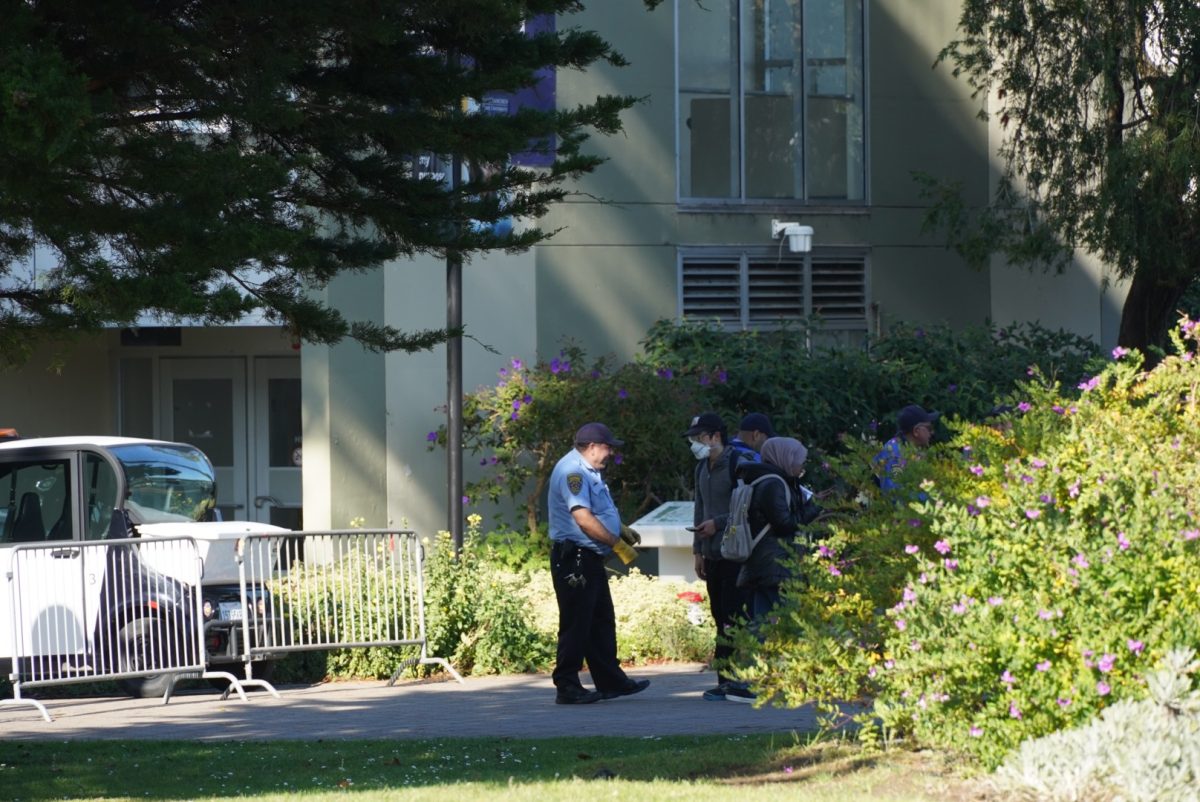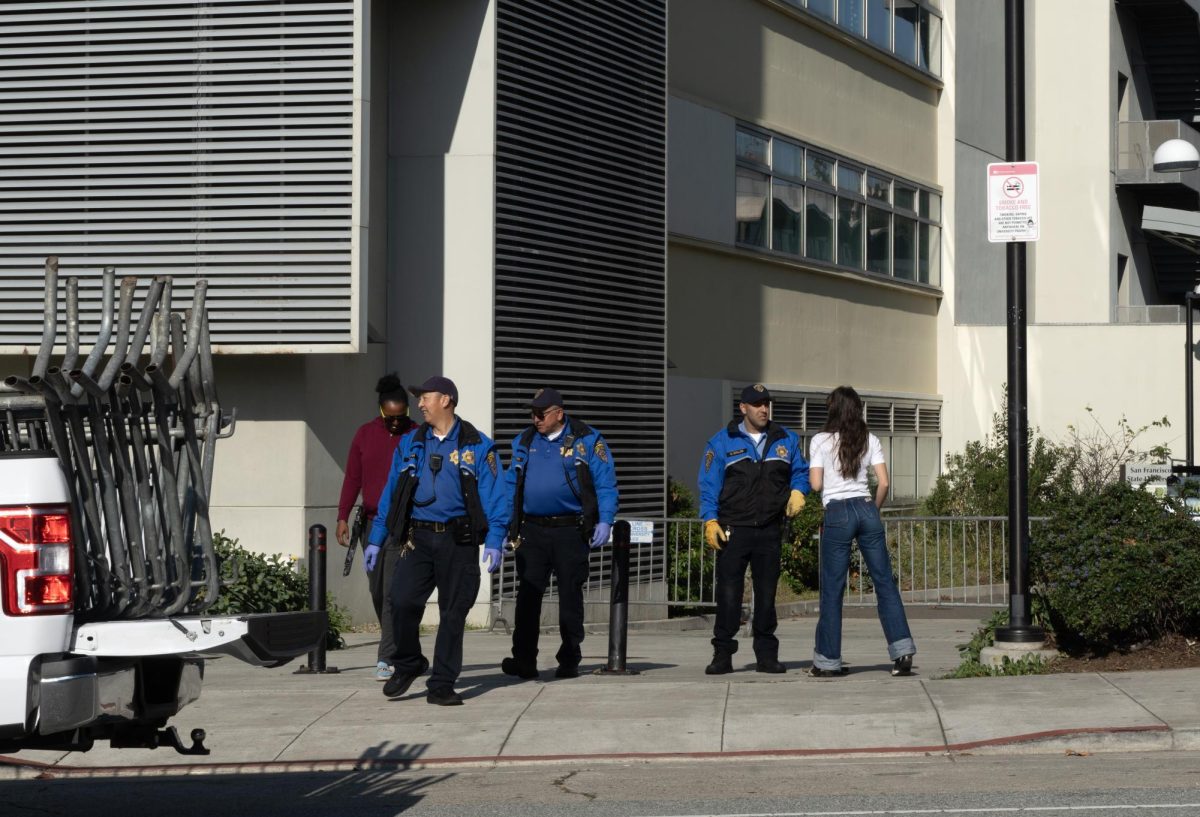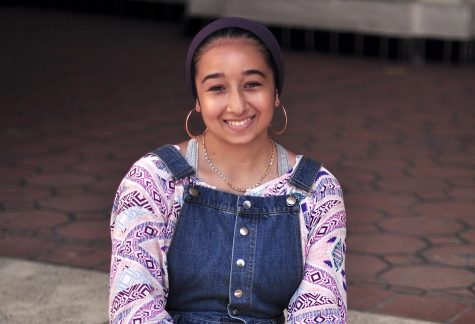Over 1,400 students and community members attended the annual Constitution Day Conference last Monday and Tuesday, which featured discussions on an array of Constitutional debates and political topics.
New CSU History Requirement
At one of the most attended sessions, a panel of professors addressed the packed hall about the potential deduction of the U.S. history and government classes for the CSU general education requirements. All five professors were in favor of keeping the courses that are in question.
The idea behind reducing the history and politics requirement from six to three credits is to assist students in graduating sooner, particularly those who would not be taking these courses if they weren’t a general education requirement, the panel said.
Political science professor Danvy Le from CSU East Bay spoke about how learning civic engagement in the required government class across CSUs is crucial to other parts of students’ lives.
“I think students come into college, into my class, thinking that they don’t have a voice, that their vote doesn’t matter,” Le said.
Part of the struggle of instilling lessons of civic engagement, Le said, is that many students come into college feeling disconnected from politics or not knowing how to get involved.
“This generation, they don’t see things in black and white. There’s more of that gray in-between, and that’s what I try to get them at,” Le said. “Just because you don’t identify as a Republican or a Democrat or as whatever … that doesn’t make you meaningless.”
Le said she tries to approach teaching political classes by enlightening students on ways they can be civically engaged, like voting, working with interest groups, protesting and canvassing.
“One of the things I’d like to see is a cultural shift into having students feel empowered,” Le said.
Professors Bridget Ford, Nick Baham and Le from CSU East Bay, Andrew Wiese from San Diego State and Sarah Crabtree from SF State each presented about the importance of social science classes to students’ future. The CSU Senate has not made a decision yet about the requirements, Crabtree said in an email.
Feedback for the adjustments to the U.S. history general education requirements can be sent here.

American Indian Citizenship
The conference wrapped up Tuesday night with Tsianina Lomawaima’s keynote speech on American Indian citizenship, followed by a reception for anyone who wanted to meet the speakers personally.
“Simple moral: Don’t give up the fight. Our parents didn’t, our grandparents didn’t, our great grandparents didn’t give up the fight,” Lomawaima said. “In Native America, our communities have persisted, even thrived to the degree that we have been able to train our people in the arts of survival [and] resilience.”
Lomawaima, a professor of American Indian studies at Arizona State University, said it is important for American society to acknowledge that the U.S. was built on native land.
“I think the nation has to deal with that. It’s like a fundamental lie at the foundation of the country,” Lomawaima said. “You actually hear people talk about enslavement as the country’s original sin that has to be dealt with, well there’s some before that. We gotta talk about the land first. I think these things are important for national integrity.”
Lomawaima said that although she doesn’t see large portions of native land being returned, she would like to respect for the right of native communities “to chart their way forward, to decide how they want to live, what language they want to teach their children.”
There were two sessions about women’s rights in honor of the upcoming 100th anniversary of women’s suffrage in the U.S. in August 2020, which will be a big focus of next year’s conference, Stein said.









Aaron Goodman • Sep 24, 2019 at 7:46 am
Talk about SFSU-CSU land grab of essential housing and displacement and gentrification at SFSU first along with lacking transit improvement to Daly City Bart ….